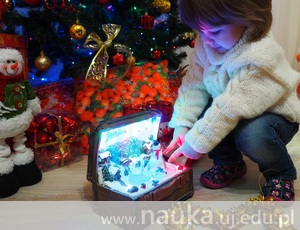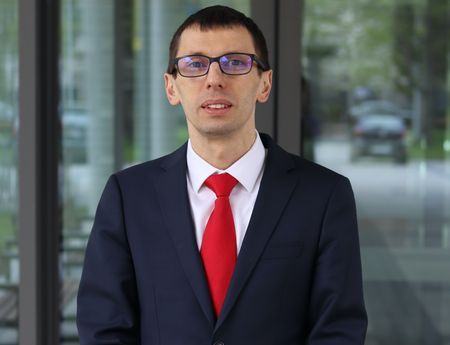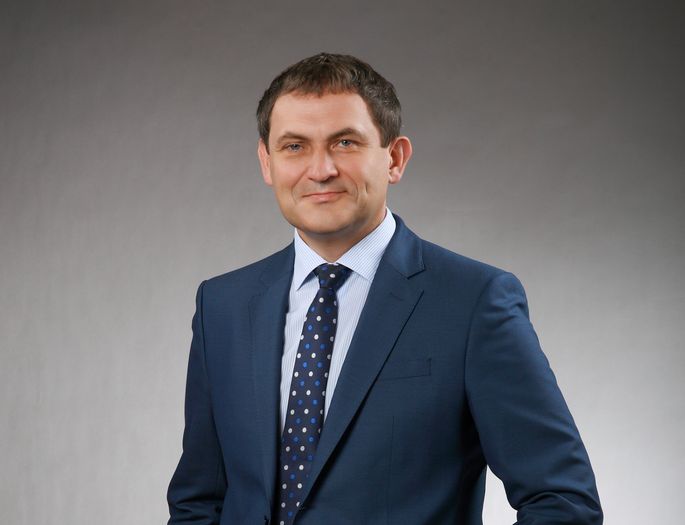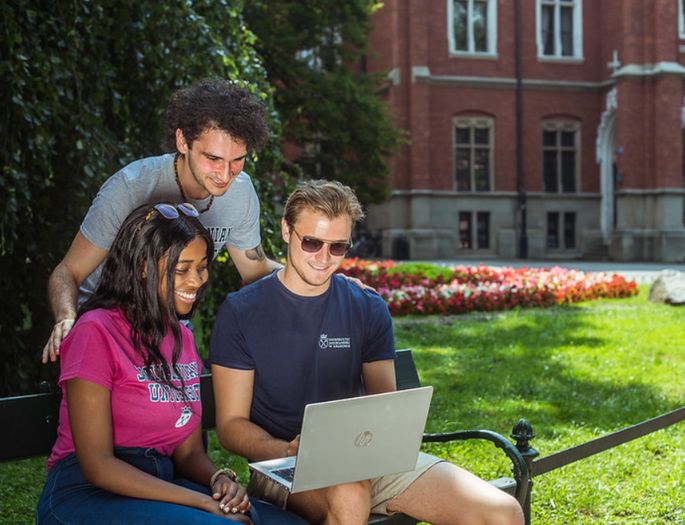
For most people in the West, December is a month filled with anticipation and then celebration of Christmas in the New Year. Simultaneously, it’s also very often a time of increased consumption and frivolous spending. Anna Sarzyńska, a PhD student at the JU Institute of Sociology, told us more about this unique season.
Many people believe December to be the most beautiful month of the year. We prepare for Christmas, we meet with our closest family and friends, and celebrate the coming of a new year. However, these are not the only unique features of this month. No other month allows for so many opportunities to give presents to our closest ones. There’s Saint Nicholas Day, Christmas, and in most countries, also the New Year’s Eve – all of these days are potential occasions for buying gifts.
Getting expensive
Although lately we’ve been able to observe a shift towards minimalism and opposition to thoughtless consumerism, with each year most Europeans devote more and more money to presents. Poland is no exception. In 2016, most Poles will spend 5% more money than they did last year (‘Christmas Shopping 2016’, Deloitte). This means that the average family will spend 1,121 PLN for the entire Christmas, with 44% (489 PLN) reserved for presents. The amount has been steadily increasing since 2009, when Poles were dealing with the worldwide financial crisis.

When thinking about this data and observing the crowded shopping malls, we face a few questions. Aren’t we overspending when we buy presents for our family? Aren’t we spoiling our children, who quickly become bored with their toys, but expect more expensive ones every year? Aren’t material goods clouding the true, spiritual aspect of Christmas?
If you’ve ever had a problem with choosing the right gift for a person, you might be inclined to answer ‘yes’ to those three questions. Sometimes we find it difficult to think of an appropriate present because we assume that the person we’re giving it to already has everything that they need. So why are we compelled to buy a gift, even if we’re unsure if it will be appreciated?
Reciprocity above all else
 The Oxford Dictionary defines mores as ‘the essential or characteristic customs and conventions of a society or community’. These customs are deeply rooted in our minds. To analyse this issue, we can employ George Homans’ social exchange theory. According to that theory, we’re socially compelled to reciprocate all the gifts, invitations and the suchlike. Because of this, we feel obligated to repay whatever kindness we’ve been shown.
The Oxford Dictionary defines mores as ‘the essential or characteristic customs and conventions of a society or community’. These customs are deeply rooted in our minds. To analyse this issue, we can employ George Homans’ social exchange theory. According to that theory, we’re socially compelled to reciprocate all the gifts, invitations and the suchlike. Because of this, we feel obligated to repay whatever kindness we’ve been shown.
Does that mean that our tradition of giving presents to our family and friends is just an unthinking imitation and involuntary conformism? Probably not. Our actions do have a purpose. It can be clearly observed when we study the Kula ring, first described by one of the fathers of modern anthropology, Polish scholar Bronisław Malinowski. The Kula ring is a ceremonial exchange of culturally important objects that takes place between the tribes of Papua New Guinea. From the sociological point of view, it allows people to socialise with one another and establish closer bonds with both individuals and whole tribes. This is also true for Christmas presents, which are also symbols of our affection.
The golden mean between overspending and cost reduction during the Christmas season is probably a little different for everybody. Self-restraint and thoughtful reflection seem to be the best tools to help reduce our expenditures.
Anna Sarzyńska is a PhD student at the JU Department of Modern Culture. She is particularly interested in consumerism and globalisation. Her thesis centres around sociology of tourism, especially alternative forms of travel, such as dark tourism (visiting places related to violent accidents, tragedies or natural disasters).
Original text: www.nauka.uj.edu.pl





